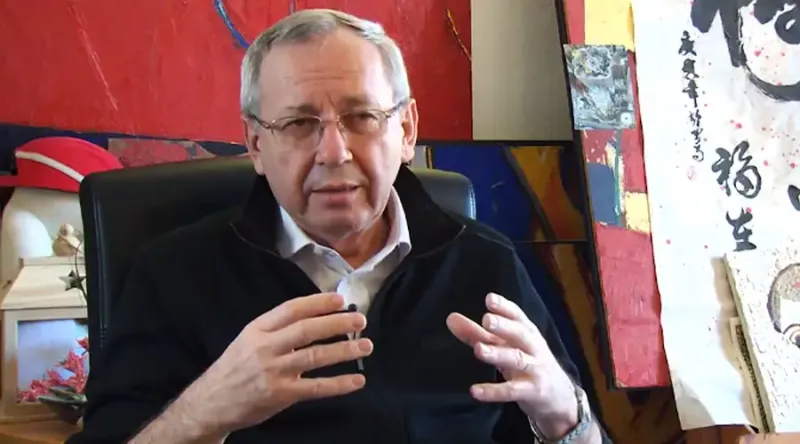
Rome Newsroom, Dec 22, 2022 / 12:20 pm (CNA).
A member of the Loyola Community, a women’s religious institute formerly connected to Father Marko Rupnik, has said, in her experience, the Jesuit priest and artist “is an egocentric and violent person.”
The sister, who wished to remain anonymous, told CNA she did not know anything about sexual abuse or allegations of abuse, but that her experience of Rupnik was “of spiritual manipulation and humiliation.”
Referring to an interview given by a former member of the Loyola Community describing in detail sexual, psychological, and spiritual abuse allegedly at the hands of Rupnik, the sister said she “honestly could not imagine that he went that far.”
“I can only say that Father Rupnik, this is my experience, is an egocentric and violent person,” she said via email. “Rupnik is a person who always wanted to be in the center of attention, to subjugate everyone to his own agenda, to receive honors …”
“As you can see he was always well covered by the higher authorities,” she added. “And in this sad affair it is shown once again how far we in the Church often are from the logic of Christ and the Gospel, that is, of poverty and humility.”
The Loyola Community was founded in Slovenia by Sister Ivanka Hosta, together with Rupnik, her close collaborator and spiritual adviser. The religious community has come into the spotlight in recent weeks due to reports that Rupnik sexually and psychologically abused several sisters in the Loyola Community between the late 1980s and early 1990s.
The women’s religious institute and Hosta split from Rupnik in September 1993 — with some members choosing to remain with Rupnik and even following him from Slovenia to Rome.
In 2019 (according to AP) or 2020 (according to left.it) the Vatican appointed Bishop Daniele Libanori, SJ, to be a commissioner — a kind of investigator — to the Loyola Community amid accusations against its founder.
After the allegations against Rupnik were made public this month, Libanori said he uncovered these same accusations of sexual and spiritual abuse during his interviews with members of the Loyola Community in Slovenia.
He later also stated in a letter that the claims published in the media are true.
Regarding the accusations against Rupnik, the sister emphasized that she thinks her community is no longer the center of the story.
“I think things will still come out, they aren’t unfortunately linked only to our community, and I hope the Church will finally react,” she said.
If you value the news and views Catholic World Report provides, please consider donating to support our efforts. Your contribution will help us continue to make CWR available to all readers worldwide for free, without a subscription. Thank you for your generosity!
Click here for more information on donating to CWR. Click here to sign up for our newsletter.




Leave a Reply